February 28, 2024
by Elizabeth Pratt
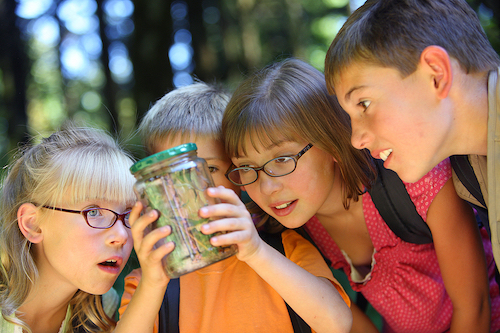
Teenagers who grow up in large families have poorer mental health than their peers who grew up in a family with fewer siblings.
Researchers from Ohio State University found that in an analysis of children growing up in the US and China, a larger number of siblings had ramifications for the mental health of teenagers.
[More]
November 28, 2023
by Patricia Tomasi

A new study published in the Journal of Neurology looked at the association between peer victimization, gender diversity, mental health, and recurrent headaches in adolescents. “In this study, we wanted to try and understand if bullying and being gender diverse are associated with frequent headaches in teens,” study author Serena L. Orr told us. “Although some past studies have looked at the relationship between bullying and headaches, they have not adequately controlled for other risk factors associated with both of these, including mental health, age, and sex."
[More]
September 29, 2022
by Elizabeth Pratt
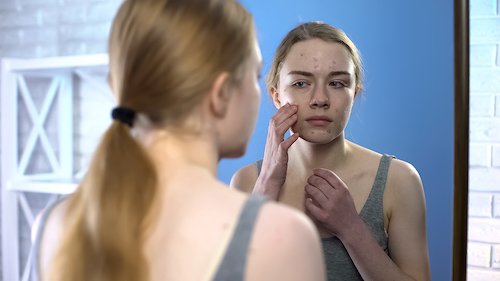
Two in three parents report that their children feel self-conscious about their appearance.
A national poll found that one in five parents report their teens avoid some activities due to their insecurities and one in three parents report their kids have been treated unkindly due to their appearance.
[More]
June 28, 2022
by Elizabeth Pratt
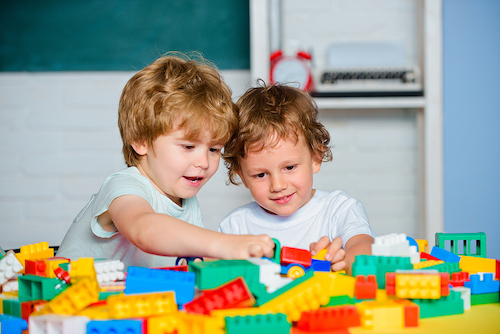
Children who play well with peers when they are pre-school age have better mental health later in life.
Researchers from the University of Cambridge found that the capacity to play well with other children, known as “peer play ability” has a protective effect on the mental health of a child.
[More]
August 31, 2021
by Elizabeth Pratt
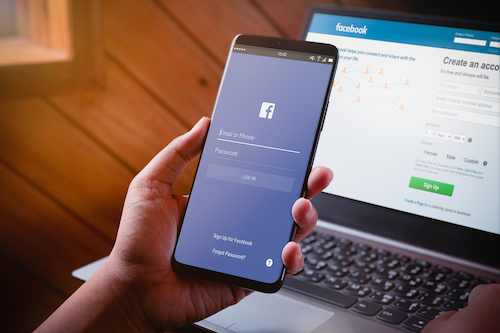
Banning an online jerk from a social media platform may not be the answer to dealing with toxic people. It may just make it worse.
That’s the finding of a study from a group of researchers from Binghamton University, Boston University, University College London and the Max Planck Institute for Informatics in Germany.
[More]
August 13, 2021
by Tina Arnoldi

As social media and other online networking sites have grown in usage, so too has trolling. New research from Brigham Young University published in the journal of Social Media and Society identifies motives and personality characteristics of internet trolls.
[More]
July 20, 2021
by Patricia Tomasi

A new study published in the Journal of Aggressive Behavior looked at school bullying before and during COVID-19 using a population-based randomized design. “We wondered if the COVI-19 infection control measures would have an impact on the prevalence of bullying. In particular, we thought that rates would be lower because students were supervised more and were organized into smaller cohorts,” study author Dr. Tracy Vaillancourt told us.
[More]
June 30, 2021
by Elizabeth Pratt

Toxic workplaces raises the risk of depression in workers by 30 percent.
Researchers from Australia found that employees of organizations who didn’t prioritize the mental health of their workers had an increased risk of being diagnosed with depression.
[More]
February 26, 2021
by Elizabeth Pratt
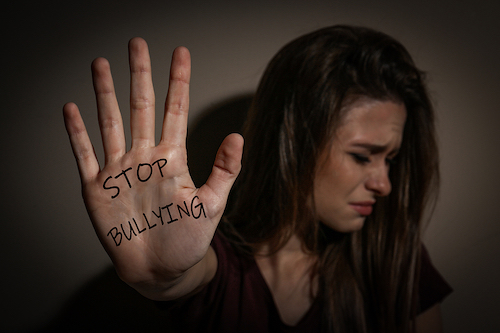
Teenagers who bully may be using aggression as a technique to climb the social ladder.
Research from UC Davis published recently in the American Journal of Sociology found that teens who harass, bully or victimize their peers don’t always do this due to an unhealthy home environment or due to psychological problems, but out of a desire to strategically move up in a school’s social hierarchy.
[More]
February 19, 2021
by Tina Arnoldi
-thumb.jpg)
The "It Gets Better" project aims to reduce suicide among LGBT adolescents by offering narratives by mainly adult LGBT persons. A recent, but very small study, found both positive and negative aspects of these campaigns. Messages were helpful for promoting hope, but there was a perceived lack of diversity on sexual identities, and some shallowness around suicidal ideation. I invited experts to comment on whether these types of campaigns can make a difference.
[More]